
Minimizing sedentary behavior offers potential benefits for people with multiple sclerosis.

Minimizing sedentary behavior offers potential benefits for people with multiple sclerosis.

Top news of the day from across the health care landscape.
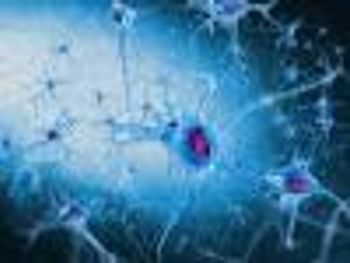
Ocrelizumab shows potential treating both relapsing and primary progressive forms of multiple sclerosis.
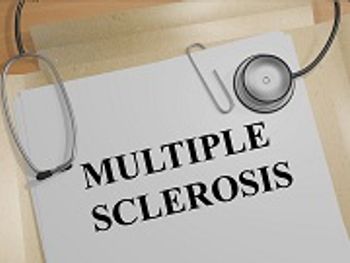
Ocrelizumab shows potential treating both relapsing and primary progressive forms of multiple sclerosis.

Video game-based cognitive rehabilitation programs show promise in treating multiple sclerosis symptoms.
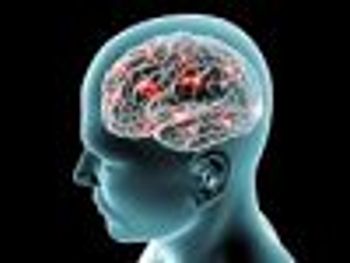
Zinbryta found to reduce cells that contribute to neurological injury caused by multiple sclerosis.

Study finds fewer exchange health plans are placing specialty drugs on the highest tier.

A recent Tecfidera study finds find no rate of relapse of progression in MS patients.
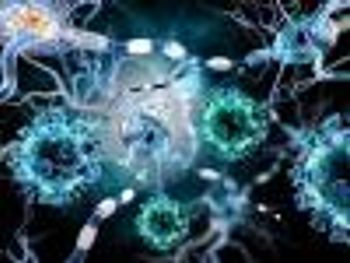
A recent Tecfidera study finds find no rate of relapse of progression in MS patients.

Optic neuropathy is common in multiple sclerosis as the immune system destroys myelin and damages the nerves.

Ocrevus is a humanized monoclonal antibody that targets CD20-positive B cells in MS patients.

A new treatment for MS was found effective in animal models.

Specially synthesized plant peptide cyclotide found to suppress onset of multiple sclerosis.

Top news of the day from across the health care landscape.

A large proportion of patients with multiple sclerosis experience taste deficits.

Have you ever considered pursuing a post-graduate year 2 pharmacy residency in neurology?

Signs of multiple sclerosis may be found via magnetic resonance imaging scanners in the near future.

Individual genetic backdrop may be less important than previously thought in the development of multiple sclerosis.

Significant differences found in the occurrence and type of comorbidity in male and female patients with MS.
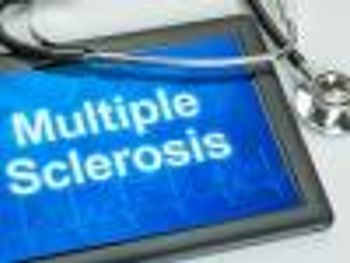
Most of MS medications require regular blood tests to track how the drug is affecting the body.

Possible side effects for multiple sclerosis medications can range from mild to life-threatening.
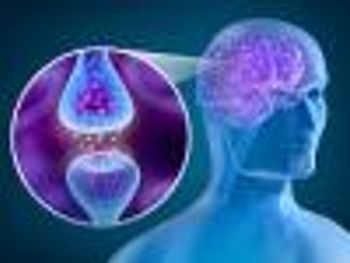
Six or more cups of coffee per day associated with a reduced risk in the onset of multiple sclerosis symptoms.

Patients with MS also have higher rates for conditions such as high blood pressure, diabetes, heart disease, chronic lung disease, epilepsy, and inflammatory bowel disease.
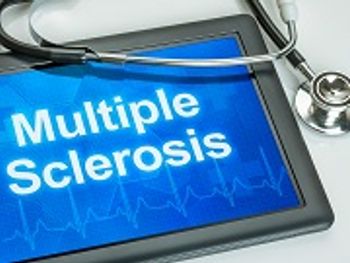
Researchers evaluate fingolimod (Gilenya) in patients with highly active relapsing remitting multiple sclerosis.
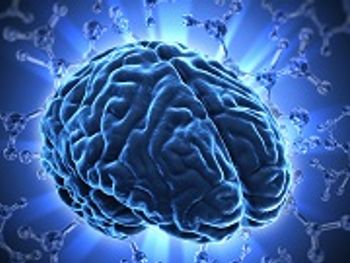
Combination of metformin and pioglitazone shows a significant decrease in the number of new or enlarging brain lesions in MS patients.